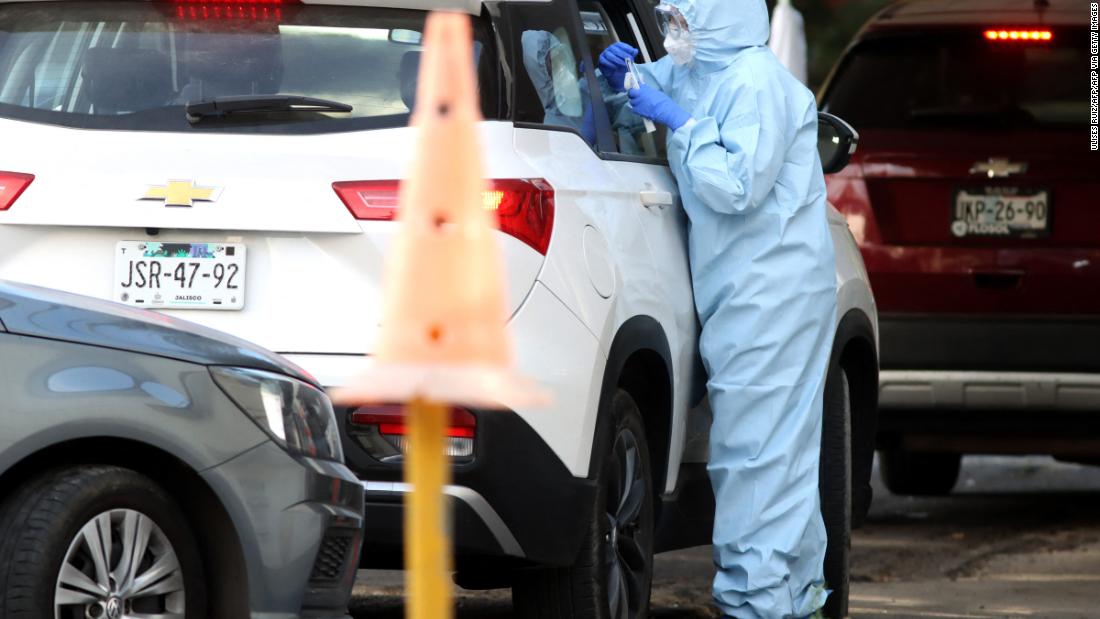In their latest effort to contain the spread of Covid-19 ahead of the Olympics, authorities in Beijing have ordered people who have purchased fever and cough medicine in the past 14 days to get tested for the virus in the 72 hours, disrupting people’s travel plans before the next one. Lunar New Year holiday week.
Those who do not get tested will not be able to travel, visit restaurants or go to public places using the city’s health app, which is required to enter restaurants, public spaces and for public transport. common and taxis.
To buy these drugs in person or online, customers will also need to take a Covid-19 test within three days and register their details with the pharmacy, in addition to the required health app.
The policy has already sparked backlash on Chinese social media, with users complaining the measures prevent them from traveling ahead of next week’s Lunar New Year holiday and led to long Covid-19 queues.
On Monday, Beijing reported nine new locally transmitted cases, including seven symptomatic cases and two asymptomatic cases, city authorities said Monday. All of the infections were found in the southwestern district of Fengtai, where mass testing began on Sunday.
Thirteen buildings in the neighborhood have been quarantined, prohibiting residents from leaving their homes for at least 21 days. Six other neighborhoods are also “strictly controlled”, prohibiting residents from leaving the neighborhoods for at least 14 days, officials said Monday.
With less than two weeks to go before the Winter Olympics begin, the city has reported a total of 52 local infections in recent weeks, 46 of which are the Delta variant.

